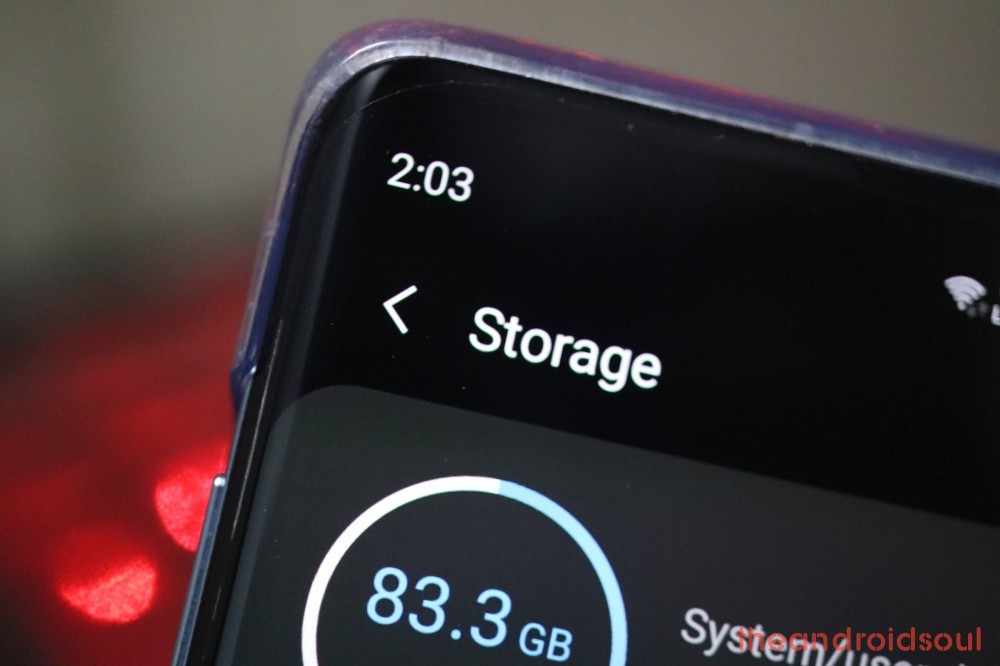Last week, Google announced the first developer preview release of the upcoming iteration of Android OS: Android 11. We already discussed some of the major features that are present in the earliest build of Android 11 while more of those are expected to come as we near the Google I/O 2020 event that’s set to happen later this year.
However, Google has already given us a glimpse of what to expect privacy-wise from Android 11. Here is a list of features that the Mountain View giant has added in terms of privacy and security inside Android 11.
RELATED: Samsung Android 11 update release date and device list
One-time Permission

Last year, Google updated its permissions manager by adding a new “Allow only while in use” access to your apps. With Android 11, the company is now expanding its focus on privacy by bringing one-time permission. You can grant an app access to your location, microphone, or camera for only a single time and the moment you move away from the app, the enabled permission will be switched off.
You can enable one-time permission for an app by selecting the “Only this time” option when prompted.
- How to remove saved passwords and Autofill data on Android
- How to disable password saving prompts on Chrome
Scoped Storage
Android 10 was set to limit storage permissions to apps by restricting them to access only the directories required for usage. The feature never came into existence but with Android 11, Google is enforcing Scoped Storage on all apps that are targeting Android 11. This way your apps remain inside a data sandbox so that they cannot access data outside the parameters without your explicit permission.
The introduction of Scoped storage means that apps will no longer need to request permission to view and modify all the files in your storage.
Upgraded Biometric levels
Google is making it easier for developers to support all kinds of biometrics available across Android. BiometricPrompt will support three authenticator types – fingerprint, 3D facial recognition, or iris. In addition to that, Android 11 also brings different levels of granularity inside BiometricPrompt — strong, weak, and device credential. Developers can decide which level of biometric authentication granularity is needed for their app and request for the same.
Support for Identity credentials
With Android 11, Google has added support for secure storage and retrieval of verifiable identification documents. Android 11 Developer Preview 1 has finally started supporting ISO 18013-5 compliant mobile driving licenses
The new IdentityCredential API is supported by the Secure Processing unit inside Qualcomm’s latest Snapdragon 864 chipset but without support for Direct Access mode. This mode will allow users to verify their stored electronic ID even when their device is out of juice.
- How to use Confidential Mode on Gmail
- How to hide apps on your Samsung, OnePlus, Xiaomi, Huawei and Honor Android device
Reviewing and preventing apps with background location access
The company has updated its Google Play Policy to make sure apps can only request access to location when truly necessary. Google plans to roll out a modified Google Play policy with background location in focus and will enforce that all new apps (from August 2020) and existing apps (from November 2020) request background location only according to the new policy.
Google Play System Updates
Last year, Google announced Project Mainline as a means to push security updates through Google Play. The company is now adding 12 new modules to the existing 10 modules under Project Mainline to cover as much range as is possible for updating via the Play Store. The new modules focus on rolling out changes in terms of permissions, performance and ensuring consistent APIs across different apps.
Related:






